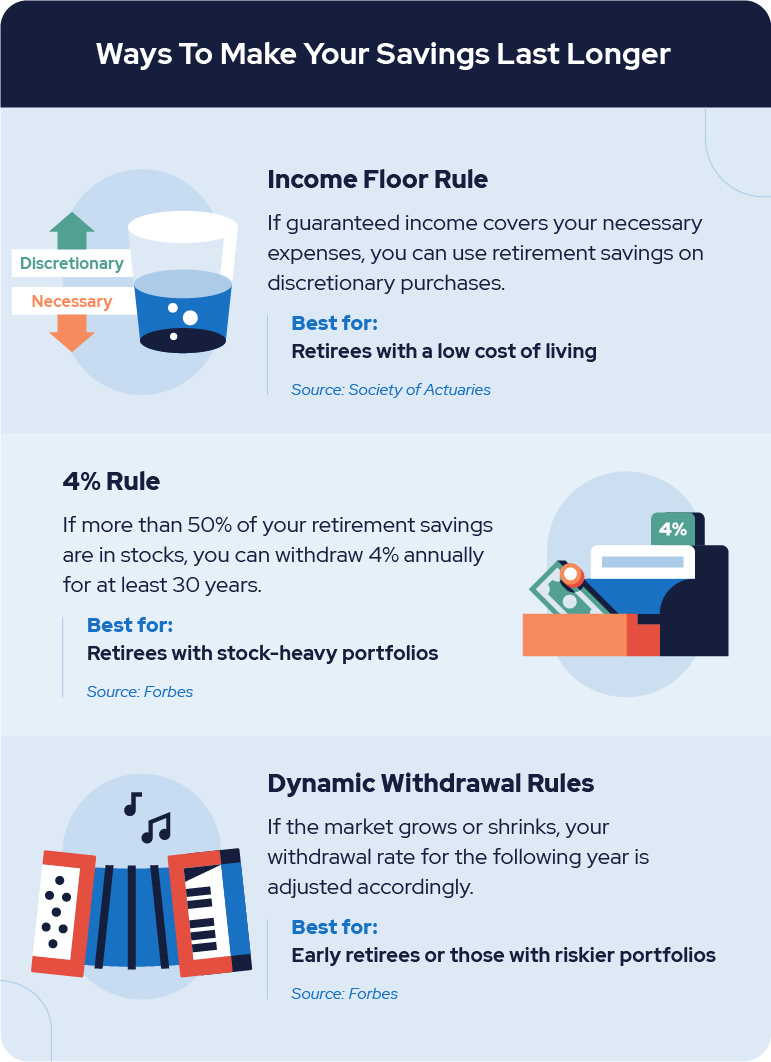Photo by Steve Johnson at pexels.com
By Rhett Rivera, guest author
The earlier you start saving for retirement, the more comfortable you will be down the road. But surprise expenses from taxes or unexpected hospital bills can drain your funds quickly. To help you plan ahead, save more and conserve the savings you already have, we’ve outlined several helpful tips on the subject below.
1. Budget
Naturally, the less money you spend each month, the easier it will be to conserve your retirement savings. Start by evaluating your current money management habits. Create a sheet where you track how much you spend on necessities like groceries and housing, and how much you spend on movies, fancy dinners and other luxuries.
This will give you an idea of where you can cut back on spending. Then you can redirect that money toward bolstering your nest egg for retirement.
2. Automate Your Savings
Saving for retirement becomes much easier when you automate your savings. After all, if you manually transfer money to your savings each month, there’s a good chance that you’ll forget to do so every here and there. When life gets busy, you may even stop saving completely.
Luckily, most banks have a system where you can automate monthly transfers of money to your savings. This will ensure you never miss a payment and help you stay on top of your retirement savings goals.
3. Keep Taxes in Mind
When saving for retirement, it’s easy to forget about the cost of taxes. In many states, funds you receive and withdrawal from Social Security, pensions, IRAs and other retirement savings vehicles are subject to tax.
If you currently live in a state that isn’t tax-friendly for retirees, it could be worth moving to a state that is. Some states, such as Florida dn Nevada, have no income state tax at all, while others, like California and Arkansas, exempt Social Security from taxes.
That said, you should be aware that moving to a state with no income taxes might not be worth it if the cost of living is substantially higher than where you live now. When deciding on a retirement location, keep that in mind.
4. Plan for the Cost of Health Care
As you get older, it’s natural to experience more issues with your health. This means you may have to enlist the help of long-term care services through a nursing home, caregivers, or an assisted living facility.
A 2021 survey found that nursing homes cost, on average, $95,000 a year and assisted living facilities cost about $54,000. These are costs that you should take into account when initially saving for retirement. Keeping this in mind will help you better understand where you should be allocating your funds.
Conclusion
Saving and conserving funds for retirement is easy. You just need to be proactive, mindful of your spending habits and consistent when it comes to saving. For some more rules you can follow, check out the graphic below from Retireguide.com:

Author Bio:
Rhett Rivera is a content writer with a Bachelor’s degree in Communications from California State University, Fullerton. When he isn’t writing content about finance and retirement-planning, you can find him playing chess, going for long jogs around the block or reading about productivity hacks.
From the Coach’s Corner, see these other tips:
Due Diligence for Getting the Most from Your 401(k) — Will you be satisfied with the results of your retirement planning? With the stock market soaring in recent years, there are even more trillions of dollars in 401(k) plans that allow employees to save for retirement and acquire wealth. Here’s how savvy employees avoid regrets with 401(k) plans.
Adopting the FIRE Method for an Early Retirement — For those who hope to retire before 65, there are sacrifices that need to be made and goals to be accomplished. One movement, known as the FIRE movement, shows you how.
Low-Risk Investments to Safely Grow Your Money — While low-risk investments may not deliver high returns, they help balance and diversify your portfolio for a better overall return, which is a good idea if you have early retirement in mind.
Is Gold a Good Investment? Maybe … Maybe Not — Warren Buffett, who is considered the best investor of all time, raised some eyebrows. He’s always condemned gold as an investment, but his firm Berkshire Hathaway put money into gold. Why?
Investing Principles for New Investors to Minimize Risk — In general, investing in stocks is a good idea. Ironically, thanks to certain stocks, the stock market is already in a better V-shape recovery than the economy.
Investing Strategies to Profit in a Blustery Stock Market — For the average person without special expertise in investing, these can be confusing times despite a bull market. Unfortunately, many people are switching to bonds. Here’s a better idea.
“It is better to have a permanent income than to be fascinating.”
-Oscar Wilde
__________






